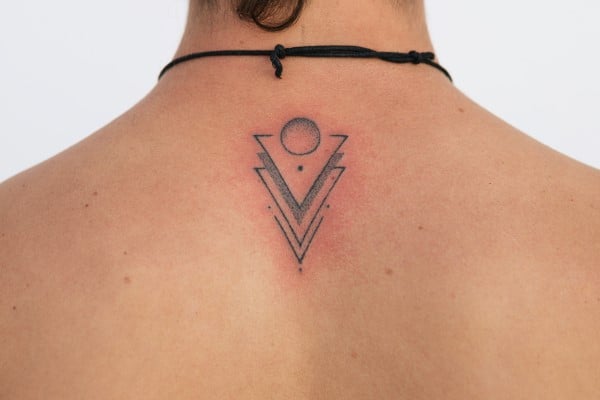The Art of Being a Successful Emergency Medicine Mentee
Atira Shenoy, OMS-II
Nova Southeastern University Dr. Kiran C. Patel College of Osteopathic Medicine
EMRA MSC Mentorship Coordinator
Mentorship is a powerful pathway that enables students to develop personally and professionally. While many may believe that a successful mentorship is dependent on the characteristics of the mentor, it is important to understand the crucial role the mentee plays in a successful mentor-mentee relationship. To truly have an effective mentorship relationship, the mentee must harness specific qualities. Here are 4 key strategies for how to be a successful mentee:
1. Set Expectations
In order to have the most successful relationship with your mentor, it is critical to set expectations early on. As a mentee, respectfully, set intentions with your mentor and let your mentor know what kind of relationship you wish to have. How do you want to communicate with
your mentor? How often would you like to meet with them? Is there something specific you would like guidance with? However, it is imperative to be cognizant and respectful of your mentor’s time and commitments, especially considering that mentors, such as our emergency medicine residents, generously volunteer their time to support students.
2. Take Feedback with Grace
As a mentee, we look up to our mentors and any advice they have to offer us. Sometimes, this advice may be in the form of constructive criticism. Mentees should use this opportunity to learn from their mentor and respond respectfully and appropriately. It can be difficult to hear about an area we may need to improve in. Do understand that our mentors want the best for us, and we should take feedback with grace and understanding.
3. Ask for Help
If you are struggling and need guidance, do not be afraid to reach out to your mentor. Mentors are there to guide us and offer advice, so do not be embarrassed to reach out for help. It is likely that your mentor has encountered similar challenges in the past and can offer valuable insights.
4. Acknowledge Your Appreciation
It is crucial to show your appreciation for your mentor. This expression of gratitude does not necessarily have to be in the form of a gift; a sincere thank you note or email can be more than enough.Take the time to let your mentor know how their guidance has impacted you. For instance, if your mentor encouraged you to apply for a certain position and you got it, you should let them know! You can send them a sincere thank you letting them know how pivotal their guidance was in your success.
Related Content

Aug 25, 2017
Your Home
The Emergency Medicine Residents' Association EMRA is the voice of emergency medicine physicians-in-training and the future of our specialty and the largest and oldest independent resident organization in the world. EMRA was founded in 1974 and today has a membership over 18,000 residents, medical students, and alumni.






